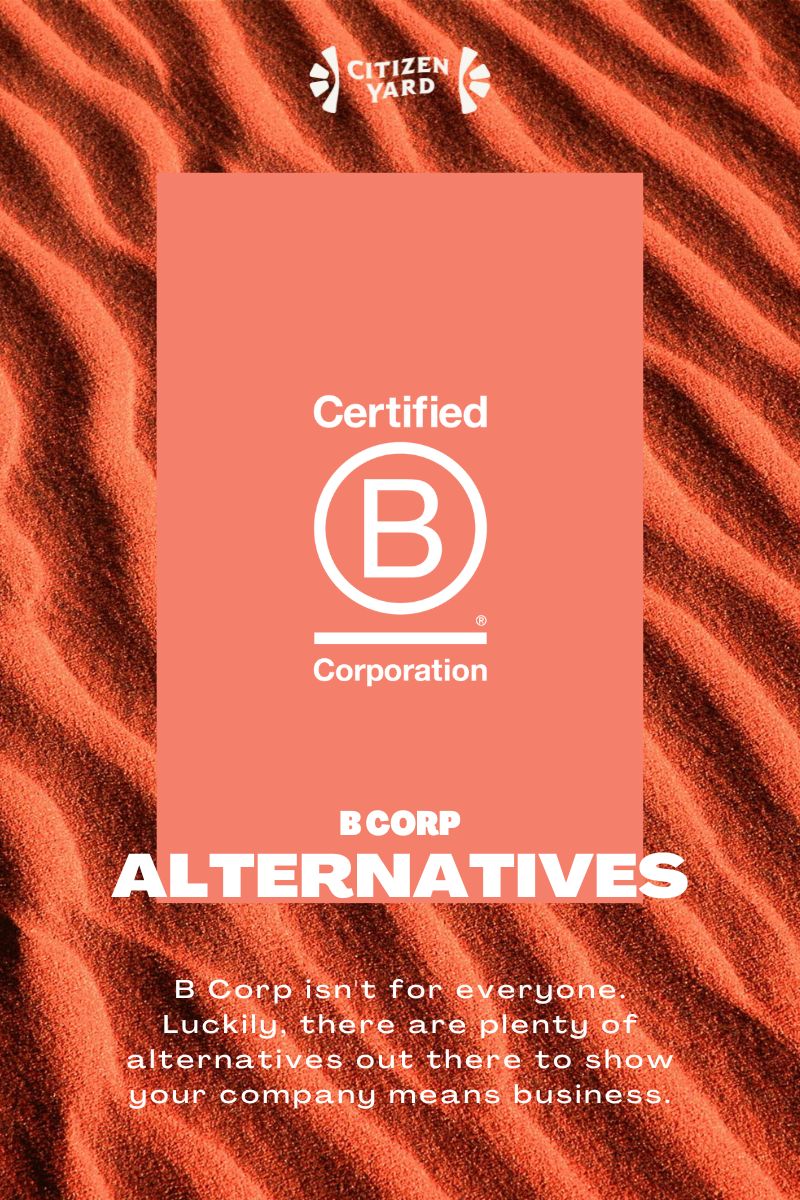Sustainability has become something of a buzzword these days.
There’s sustainable clothing, sustainable food products, sustainable packaging — and our fingers are crossed on sustainable energy. And while yes, sustainability definitely encompasses eco-friendly practices, sustainability goes beyond the environmental. While not every business has the opportunity to directly impact the environment as say a plastic recycling center run 100% on solar power, there are other areas and impact areas of sustainability.
A SUSTAINABLE BUSINESS, IS AN ENTERPRISE THAT HAS MINIMAL NEGATIVE IMPACT OR POTENTIALLY A POSITIVE EFFECT ON THE GLOBAL OR LOCAL ENVIRONMENT, COMMUNITY, SOCIETY OR ECONOMY — A BUSINESS THAT STRIVES TO MEET THE TRIPLE BOTTOM LINE.
The triple bottom line referring to people, planet and profit.
In short, sustainability is something of a mindset and the incorporation of this mindfulness goes beyond just environmental responsibility. Business owners have an opportunity to lead by example with sustainable practices that can have a direct impact on your employees, vendors/suppliers, community and even the local economy.
How to Form a Sustainable Business
So how does one create a sustainable business?
The first step to a sustainable business is to define your purpose.
Clearly identify and articulate what your company’s goals are, including both financial and non-financial objectives.
Next, set measurable targets for the impact you want to have on people (examples: provide daycare for employees; raise employee wages), planet (reduce carbon emissions by 20% per square foot of office space) or profit (increase profitability 10% by Q2 so we can hire a sustainability consultant).
Stating “I wanna save the pandas” isn’t gonna cut it. Get granular with it. How are you going to save the pandas? Donating 5% of profits to a panda sanctuary is a great start but that’s base layer. Think about what actions you’re taking. Oh, you’re a bamboo product company that actively fights deforestation in native panda environments and uses ethically sourced bamboo. Now, that’s a lot more specific.
Or here’s another example: you’re a chef in your metropolitan city and watch day after day as 100s of pounds of apples are tossed out the back of markets because they’re unpalatable to the average grocery shopper. So you buy up all those misfit veggies (at a discount!) and give them a starring role in all your dishes at your new low-waste restaurant.
Once you know the problem your business is solving and the deeper purpose behind it, you’ll be in a better position to identify and track action steps to consistently do it better.
Why Small Businesses Should Care About Sustainability
You’re a business owner. You have so much to care about already. Why the h-e-double-hockey-sticks would you want one more thing to take onto your already monstrous workload?
It’s simple, really. You care about the environment, your workers, your community and believe in these practices because the practice makes you a better business owner — not to mention customers are demanding more sustainable options from small businesses like yours.
Research states, “90% of Gen Z consumers believe companies must act to help social and environmental issues and 75% will do research to see if a company is being honest when it takes a stand on issues.”
But aside from making consumers happy, sustainable businesses actually outperform the competition.
A study from Harvard showed that businesses with a high Environmental, Social and Governance (ESG) rating have a lower cost of debt and equity. Other benefits include:
- Ability to attract better human capital
- Establish more reliable supply chains
- Avoid conflicts and costly controversies with nearby communities
- Better ability to innovate
- A more engaged workforce
- A more loyal and satisfied customer base
- Better relationships with stakeholders
- Greater transparency
- A more collaborative community
- A more attractive public image
- Higher levels of trust, both internally and externally
Shall I go on? It’s pretty amazing what can happen when a business decides to do a little internal reflection and not take shortcuts.
Plus it just feels good! Doing good things releases endorphins. And endorphins make you happy.
So how can you make your business more sustainable?
We created The Small Business Sustainability Guide to answer just that. The Small Business Sustainability Guide is packed with 25 actionable tips small businesses can implement now to help your company become a better steward for the planet.
We’ve broken it down into manageable chunks, designed by small business owners for small business owners.
Share :
Key Takeaway
The Small Business Sustainability Guide is packed with 25 actionable tips small businesses can implement now to help your company become a better steward for the planet.
Next Up
Join our weekly Backyard Tailgate, a newsletter to help brands live out their mission & lead with purpose.
Each Tuesday we visit your inbox to share what we’ve learned on our own impact journey, resources, tips & tricks and introduce you to some of our world changing friends. We keep it real. We keep it honest. But most importantly, we keep it actionable.



